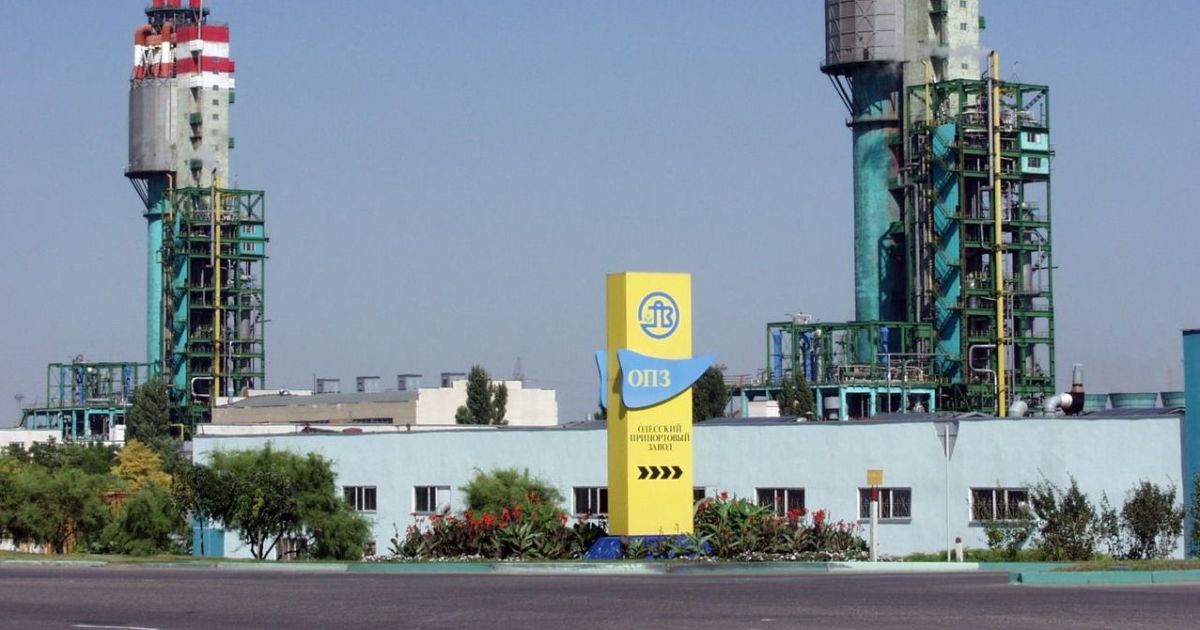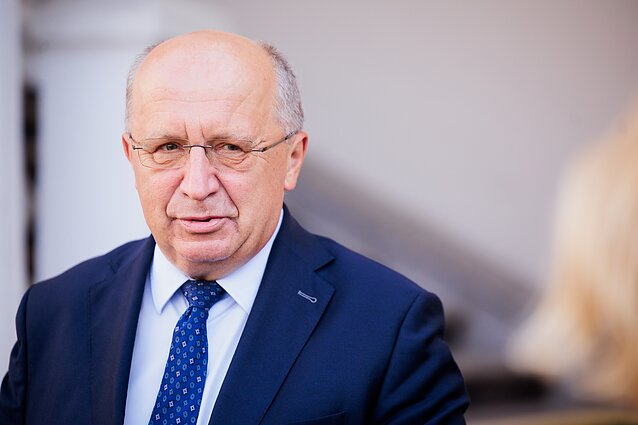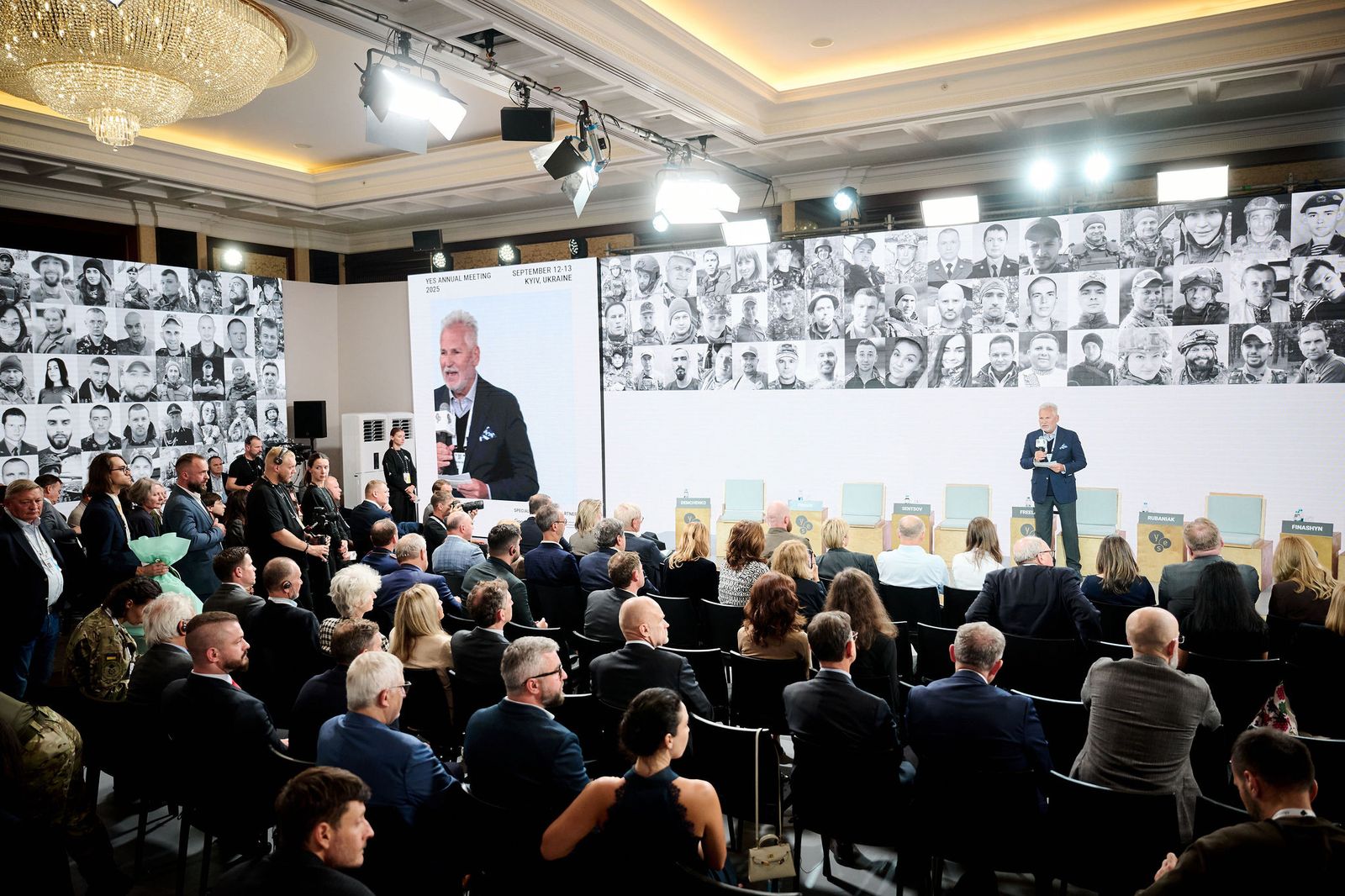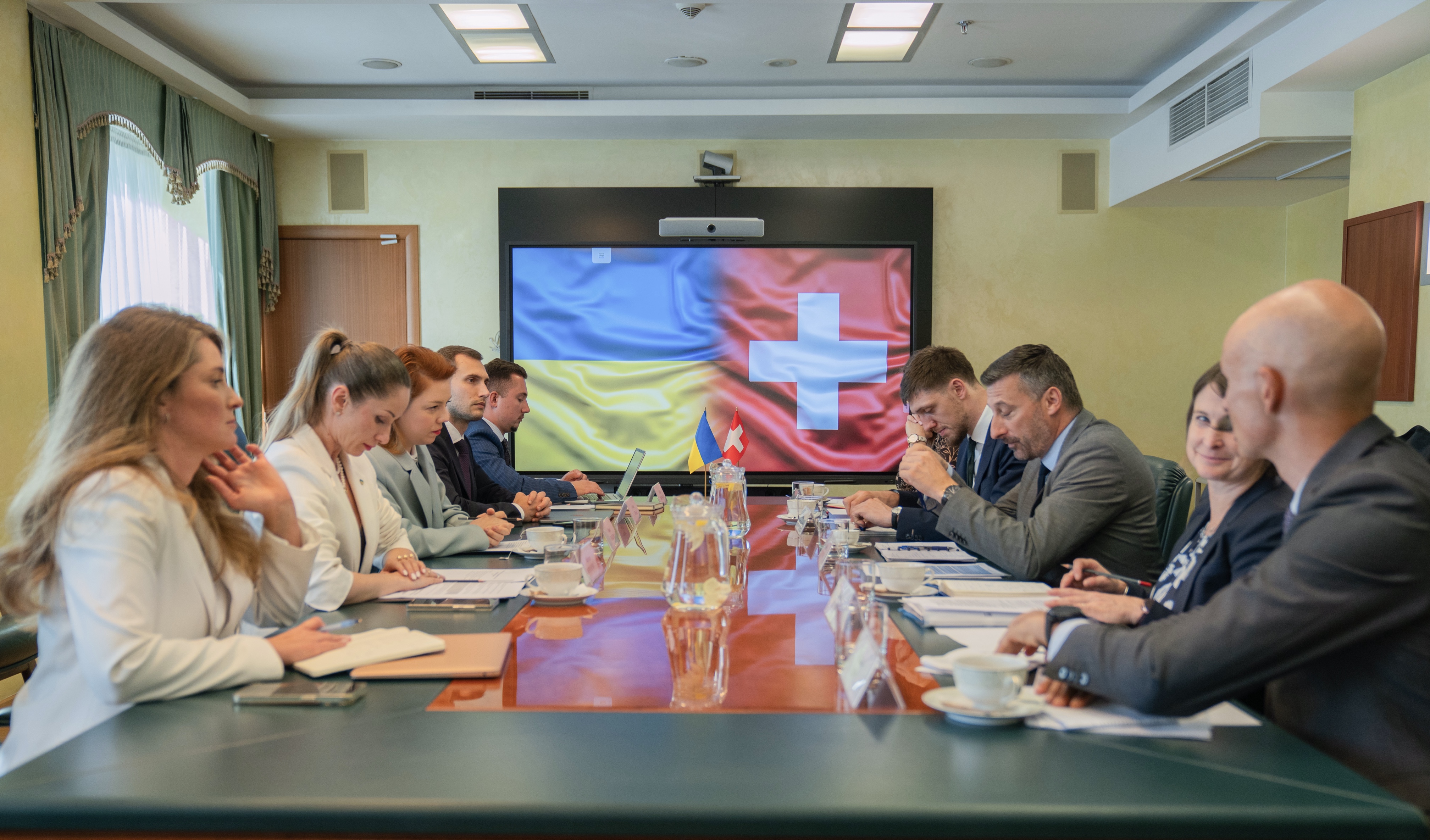By Aleksey Kopytko
"Putin will definitely be extended in office.
However, the "elections" of the Russian leader need to be assessed on a different scale.
"Elections" for entrenched authoritarian leaders have their own peculiarities. The leader of a democratic country can win with a result of 51%, and it will be a victory ensuring sufficient legitimacy.
An authoritarian leader must start from 65% or more.
But Putin is not an ordinary authoritarian leader. He is an international criminal (with an arrest warrant for child abduction) who leads the largest nuclear power. The goals he declares are: 1) to obtain a mandate for lifelong rule (become de facto a tsar); 2) to take a seat at the main table and share the world with the leaders of the leading powers. This requires extraordinary legitimacy and stylistic perfection.
It's not enough to simply "win the elections." One must 1) "win" with a result of 80% or more, and 2) do it relatively cleanly.
The masterclass of achieving unlimited powers cleanly was demonstrated a year ago by Emperor Xi. There was both symbolism and hardware involved.
A negative example in this regard is the elections of Lukashenko. The Minsk leader was guaranteed to win the 2020 elections with a comfortable margin. However, he aimed for 80% (ultimately they drew him at 80.1%). At that time, this threshold was already unattainable without gross violations. Plus, the situation was actively stirred up from Moscow, cornering Lukashenko. As a result, Lukashenko survived, but due to the crackdown on people, he limited his maneuver and is now forced to continue repression, burning everything alive. Recently, he expressed concern about the preparation for local and parliamentary elections, which will take place in a month...
The Belarusian scenario is unacceptable for Putin. He must win in the "competitive struggle" against the backdrop of universal adoration. Otherwise, it's not prestigious.
The preparatory work is done. Opponents on the turbo-patriotic flank have been physically cleared. The role of the "opponent" is tailored to the liberal candidate Boris Nadezhdin. He is supposed to embody the non-systemic anti-war opposition and lose spectacularly.
However, bad news complicates the Kremlin's task. Every new collapse of housing and utilities, every new attack at the oil refinery, spoils the picture.
The most dangerous thing for Putin now is the socio-economic agenda.
Therefore, there are increasingly signals that manufacturers and retail chains have been prohibited from raising prices in the coming months. And that the exchange rate of the ruble will be tightly controlled until the elections.
As a result, a significant portion of Putin's appearances is accompanied by some targeted social measures.
To prevent the electorate from becoming disheartened, state propaganda turns the capture of a dozen destroyed houses into victories of Napoleon-like scale.
Despite all this, Boris Nadezhin's soft anti-war rhetoric receives support. If the Kremlin senses that the sought-after 80% is under threat, Nadezhin will simply be removed. But even the rejection of such a sterile competition would be a sign of weakness.
The lower the real support (below 80%), the more it will have to be stretched, and the greater the likelihood of excesses.
A dirty and unseemly extension of the intelligence activity, as well as an obvious demonstration of fear of competition, will undermine the myth of the immutability of his positions.
Now many partners proceed from the logic that the Russian leader is a constant that they will have to deal with. When Putin appears as a variable, it will stimulate a dialogue on the format of coexistence without Putin. There will be more counterparts in Russia for such a dialogue."





















